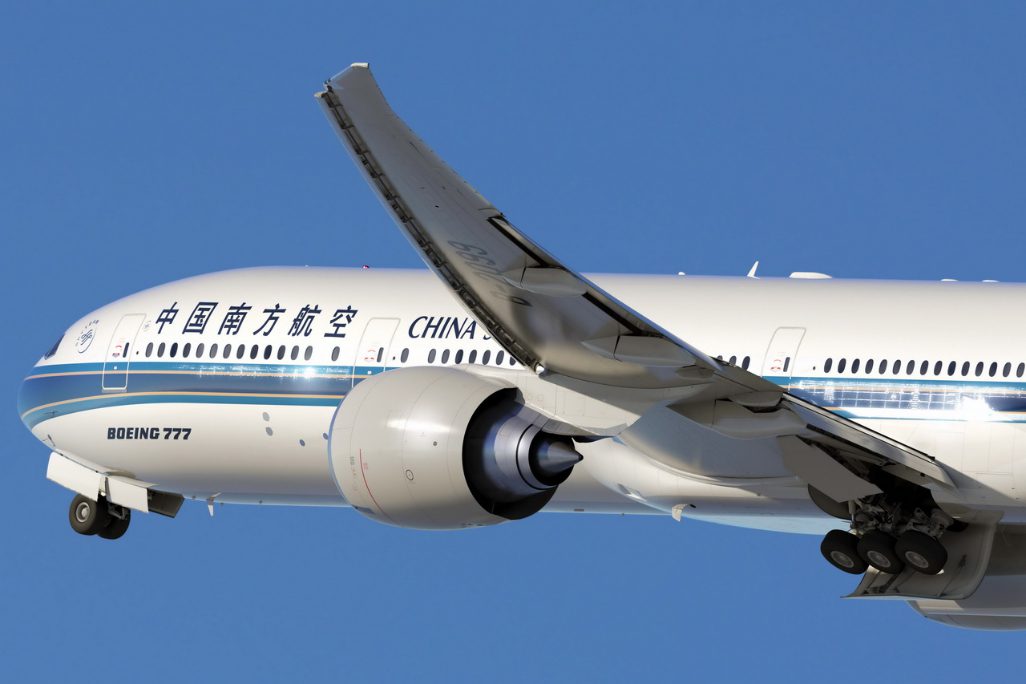Skift Take
Travelsky, China's travel technology giant, said it will weather the coronavirus-related plunge in air travel without needing to lay off workers. Remarkably, in January it added a tool to its popular flight app that alerts a traveler if another passenger is later tested and found to have coronavirus.
Western companies often dismiss Chinese travel technology giant Travelsky. They privately assume that the state-backed domestic monopoly must be inferior due to lack of fair competition.
But foreign executives will be paying attention this year to Travelsky’s performance during the coronavirus crisis because it may provide insights into what’s in store for Amadeus, Sabre, and Travelport, which have many customers facing the pandemic at a delayed pace.
On Monday, Travelsky released its results for last year. In 2019, the Beijing-based company generated $1.143 billion (8.1 billion renminbi), representing an increase of 8 percent year-on-year.
Yet, in early 2020, when officials responded to the coronavirus’s impact, the story changed. As of February, if you look at only Chinese airlines, the number of passengers was down 83.5 percent, and for foreign airlines, passenger numbers dropped 94.8 percent.
Get the Latest on Coronavirus and the Travel Industry on Skift’s Liveblog
The company didn’t reveal how the flight collapse affected its finances. But executives said they see signs of improving passenger volumes domestically.
China has famously taken aggressive steps to suppress the virus. During an earnings call with investors on Monday, executives proudly said they knew of no confirmed cases of the disease among their employees. The company also said it had no immediate plans for furloughs and layoffs. If the pandemic subsides, they hope to boost staffing over the course of the year. That said, the company may try to sell or sub-lease some of its unused office space and take other measures to conserve cash.
The Chinese government is encouraging Travelsky to offer to airlines and travel agents some concessions, such as discounts on services or waived fees. Executives said they are considering such moves. But they also have to look out for the company’s balance sheet.
During the pandemic, Travelsky developed a free “health declaration” system for the civil aviation industry and also an anti-epidemic inquiry system used to track inbound travelers.
To Western ears, Travelsky then did something remarkable. In January, it began automatically sending notifications to passengers on any flight if doctors confirmed a new infection case among the passengers after the flight, via its Umetrip mobile booking app. At least 40 million people have downloaded the app.
So for now, Travelsky executives said they believed that they have the financial wherewithal to keep pace with Chinese airline and airport needs for software. Unlike its counterparts abroad — Amadeus, Sabre, and Travelport — Travelsky could rely on government support in case of a real financial crisis. All Chinese airlines participated in TravelSky’s birth in 2001, and a few continue to have ownership stakes.
In 2019, Travelsky made profits after taxes of $359 million (2.54 billion renminbi), representing a rise of about 9 percent, year-over-year. Profit equaled about a third of the company’s revenues for the year.
It’s unlikely 2020 will be equally profitable. But the company’s executives refused to provide a forecast or make any predictions about when aviation in China would return to normal. They did note, though, that the government believes a recovery underway and that people’s desire to travel will recover. Perhaps the executives wish to avoid stepping on the official Chinese government message that the pandemic is under control and won’t boomerang. That would be good news, though it’s not guaranteed, to say the least.
The Daily Newsletter
Our daily coverage of the global travel industry. Written by editors and analysts from across Skift’s brands.
Have a confidential tip for Skift? Get in touch
Tags: amadeus, china, earnings, global distribution systems, sabre, travelsky
Photo credit: A China Southern aircraft. All Chinese airlines use travel technology firm TravelSky's systems to manage their domestic businesses. China Southern
